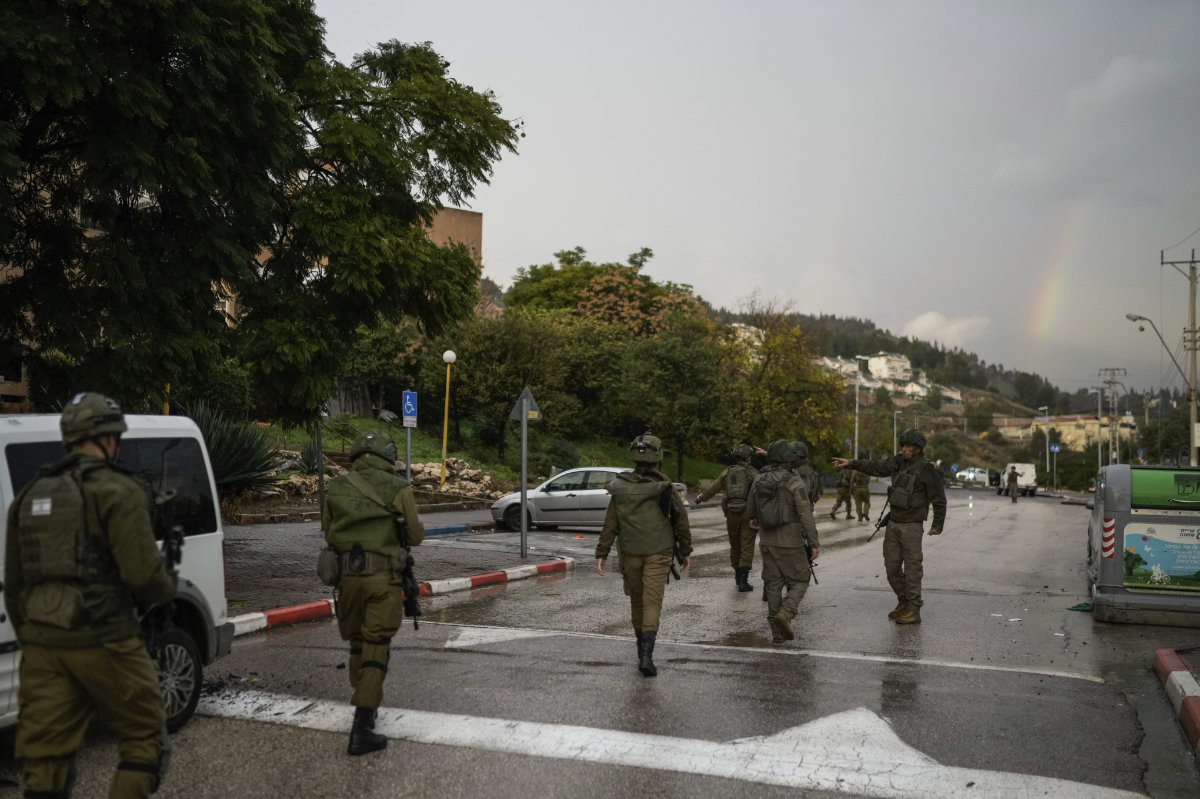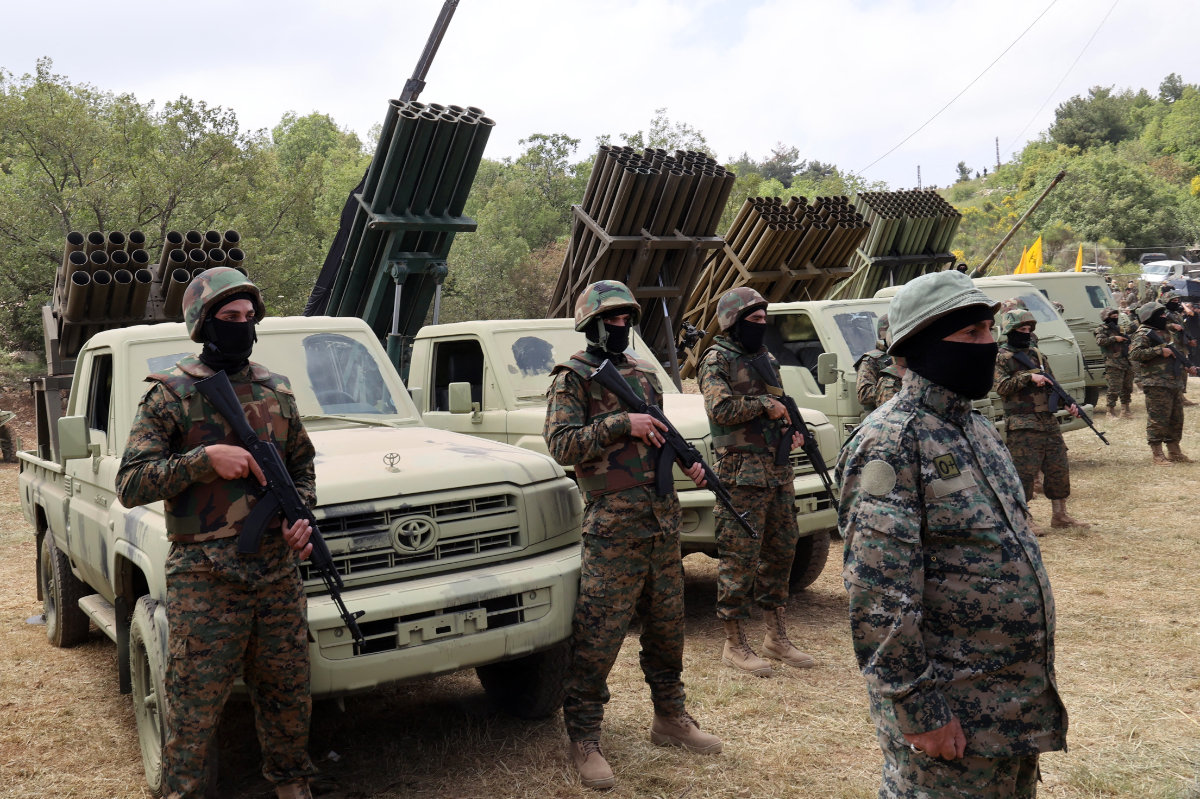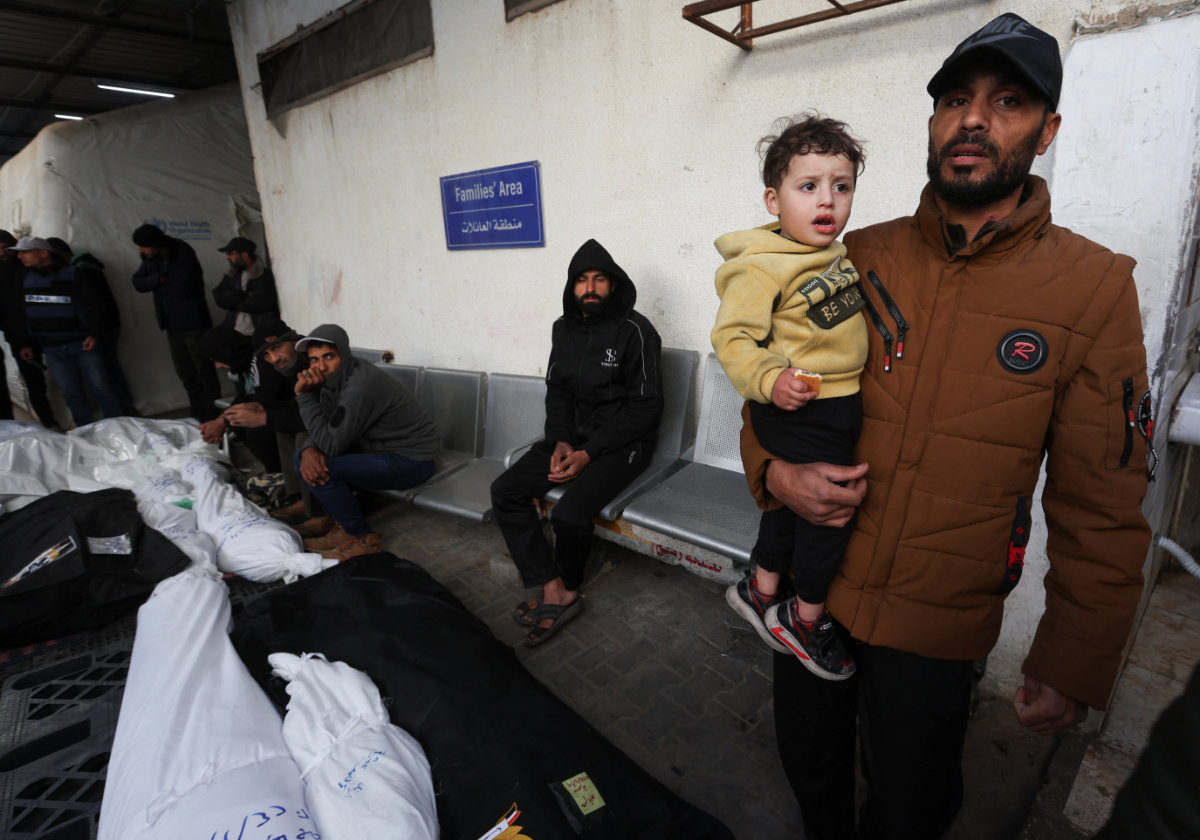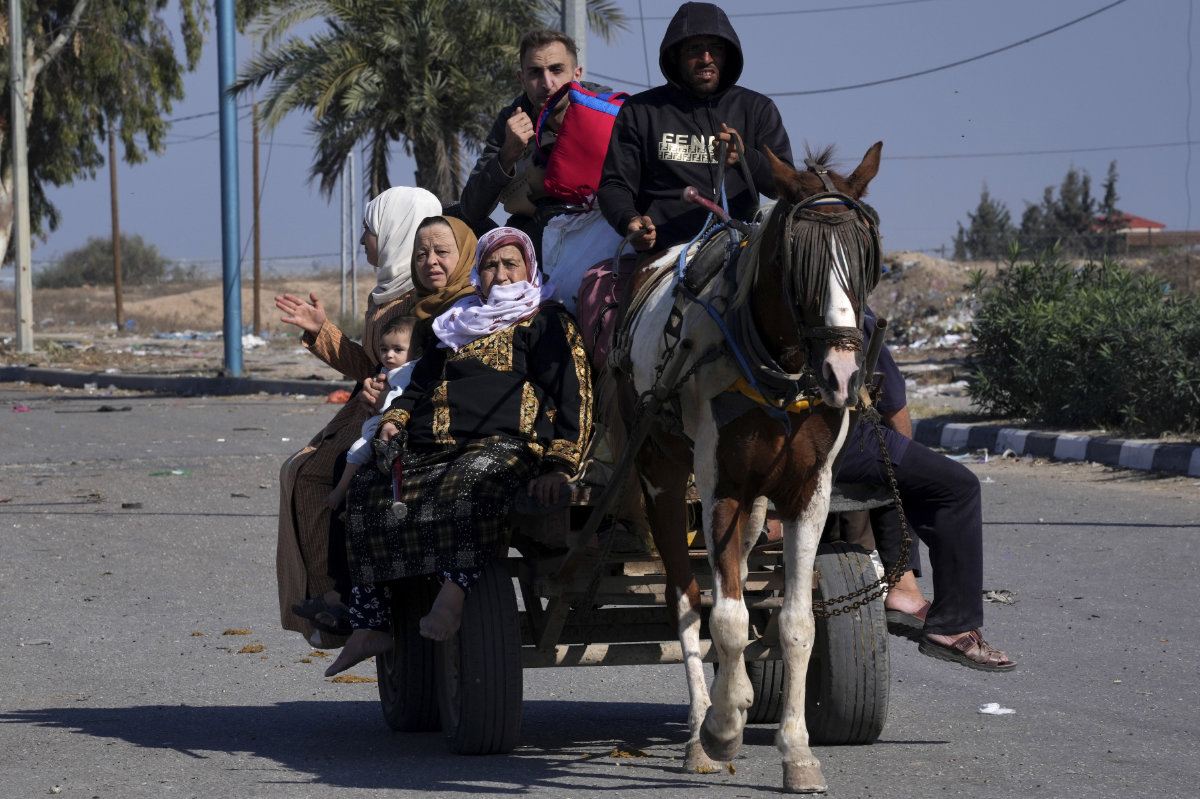These attacks did not come without consequences, however. In response, Hezbollah announced it had mounted a drone attack against an Israeli army base on Jan. 9, raising the possibility of a wider regional escalation.
Prof. Kobi Michael, a senior researcher at the INSS Tel Aviv University and Misgav Institute for National Security, is wary about the chances of an expanded war.

“I do not think the withdrawal of troops from Gaza is connected to the prospect of the war expanding onto another front, and I do not think either Israel or Hezbollah want to be drawn into a war with one another, although there are clear red lines,” Michael told Arab News.
“It is important to understand that Israel’s relationship with Hezbollah is one I term ‘kinetic diplomacy.’ Each day each side sets these red lines and both sides seem keen to stick to them.”
While the two sides have been locked in their deadliest confrontation in 17 years, Hezbollah’s deputy leader Naim Qassem said that the group had no intention of expanding the war from Lebanon.

But if Israel expands it, the response is inevitable to the maximum extent required to deter Israel,” he said in a live-streamed speech.
Al-Sharif said the only party that would want to expand the war “at any cost” was Netanyahu, “and his far-right partners,” with the incumbent prime minister having failed to reverse what has been a marked deterioration in his poll ratings, which were already falling before the war began.
Oubai Shahbandar, a journalist and former Middle East defense adviser to the Pentagon, would not be drawn on the chances of a wider war, but warned it would bring new challenges for the IDF.
“Hezbollah is better armed, with more advanced weaponry and advantageous terrain, as well as a direct line of supply to Iranian weaponry, compared to Hamas, so prospects of an all-out war pose unique military challenges (for Israel),” Shahbandar told Arab News.

While not denying the potential difficulties, Michael seemed confident that the IDF was well-placed to fight a war with Hezbollah should it come to this.
“Yes, Hezbollah is not Hamas. But the IDF has the capabilities to fight a war with Hezbollah, and it is also prepared to fight that war if it has to. Of course, it would rather resolve the situation in Gaza first, but it is constantly monitoring those red lines,” he said.
“What you have to remember, though, is that Israel already fights on seven fronts — against Hamas, Hezbollah, in Syria, the West Bank, west Iraq, and Yemen. And then there is Iran itself, which is the seventh front, and it is on this front that the fighting on all the others is determined. Iran is the hand that shakes the cradle. Iran determines the intensity on all the other fronts.”

Where Michael and Shahbandar agree is that any sort of wider regional war would lead to “massive, unprecedented stress on social-economic life in Israel.”
They see this as a possible motivating factor behind the IDF’s decision to withdraw some of its troops from Gaza, with Shahbandar pointing to the economic strain brought about by maintaining 300,000 reservists.
“A considerable percentage of the workforce was mobilized for this war and there is a need to rotate them back into civilian life for the sake of the economy,” he said.
Indices monitoring Israel’s economy have shown less-than-favorable ratings, even as the government says the economy can handle the demands of a war. The Israel Economy Index predicts a 2.2 percent drop in 2023’s national economic growth rate.

For Michael, the withdrawal reflects a shift in the conduct of the war. “One thing we can say accurately is that it is changing, not ending,” he said.
“Everything is so deeply dependent on developments on the ground. Consider, you have the leadership of Hamas in Khan Younis. If they are caught or killed, this will affect the manner in which the remaining fighters continue to action this war.
“Really, the aim is destroying Hamas’s center of operations. To achieve this, the IDF constantly goes through very intensive learning processes on the ground. I expect another change soon.”
Michael believes that such a shift could occur in as little as two to three weeks, and may revolve around further withdrawals of units operating inside Gaza and their relocation to emerging trouble spots.


